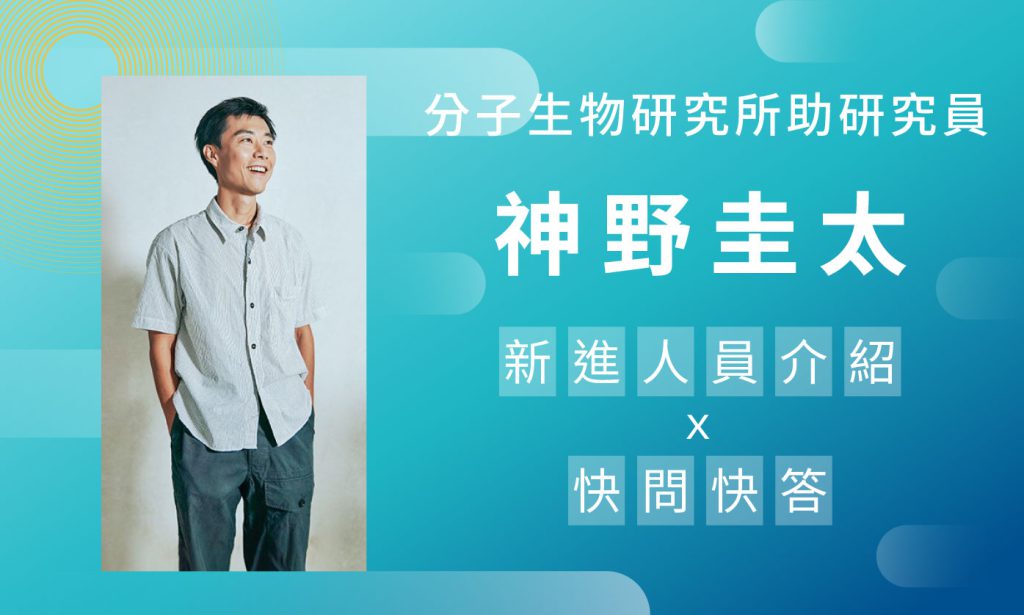Dr. Keita Kamino initially trained as a physicist, but gradually generated an interest in biological phenomena, which developed into a passion for the then-emerging field of systems biology. Consequently, he decided to pursue a career encompassing systems, physical and quantitative biology, being awarded a Ph.D. in biophysics under the co-supervision of the biophysicist Dr. Satoshi Sawai and the theoretical physicist Dr. Kunihiko Kaneko, both from University of Tokyo, Japan. For his graduate studies, he investigated cell-to-cell communication in the social amoeba Dictyostelium discoideum, resulting in the discovery of mathematical symmetry that enables their robust cell-to-cell communication.
Following his Ph.D., he moved to Amsterdam in The Netherlands where he took up a position as a Postdoctoral Fellow in the laboratory of Dr. Thomas Shimizu, a biophysicist at the AMOLF Institute. There, he developed an experimental system to measure the dynamics of cell-signaling activity from single bacterial cells, which combined microfluidics and a fluorescence-microscopy technique called FRET. This system represented a technological breakthrough since nobody had succeeded before in measuring the dynamics of FRET signals from single bacterial cells.
Subsequently, he moved to Yale University in the USA, first as a Postdoctoral Fellow and then as an Associate Research Scientist, in a group led by the physicist Dr. Thierry Emonet. In that vibrant research environment, he combined the experimental system he had developed in Amsterdam with theoretical ideas from information theory and machine learning. Among other outcomes, he became the first to measure how much a single cell processes environmental information while navigating an environment.
Dr. Keita Kamino joined the Institute of Molecular Biology as an Assistant Research Fellow in September 2022, where he continues his research to discover fundamental principles underlying biological information processing.
x 快問快答 x
Q. 用一句話形容自己的研究?
A. I’m trying to understand how and in what way cells are “intelligent” and how intelligent behaviors emerge from interacting molecules, combining quantitative experiments and mathematical modeling.
Q. 您覺得「做研究」最難的部分是?
A. Everything is hard for me. Experiments are hard. Theories are hard.

